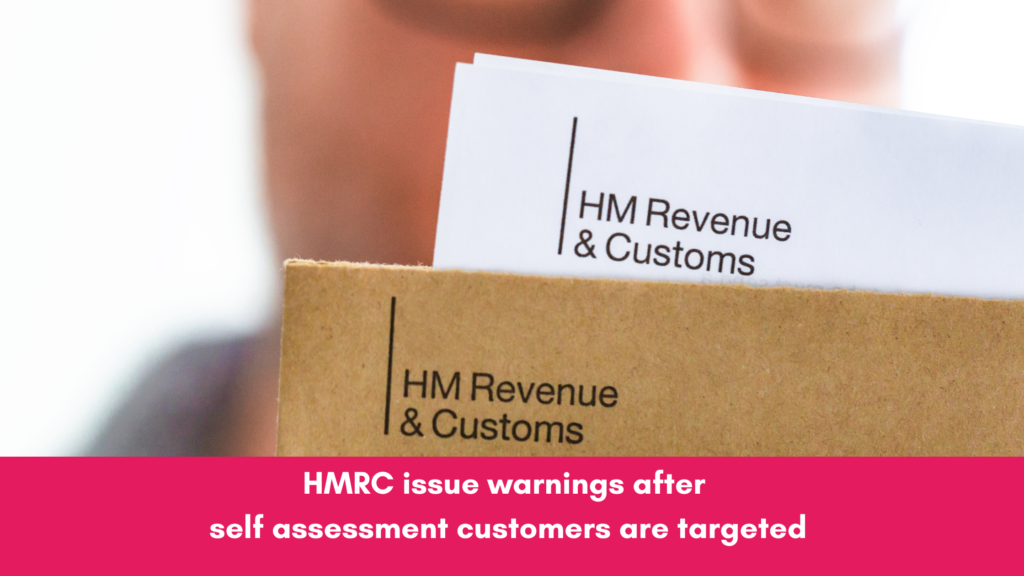As a Virtual Assistant / Freelancer, you’ll know that staying on top of your finances and tax obligations is crucial. Unfortunately, so do scammers. HM Revenue & Customs (HMRC) is urging self-assessment taxpayers to remain vigilant as scam attempts continue.

What to Watch Out For
Scammers are getting more sophisticated. They often impersonate HMRC, offering fake tax refunds or demanding urgent payments to steal personal and banking information. A common trick is to promise a tax refund or demand an urgent payment to create a sense of panic. Some even use artificial intelligence to create very convincing fake communications.
Be extra cautious; if you get a call or message at a busy time of day, as this is a common tactic to pressure you into handing over your details. Scammers may say it’s safe to share personal details, it is not. Passwords, usernames, and access codes are private, and you should never share them, even with someone you trust or who helps you with your tax.
How to Spot a Scam
HMRC is clear about what it will and won’t do. The tax office will not:
Leave voicemails threatening legal action or arrest.
Ask for personal or financial information via text or email.
Contact you by email, text, or phone to tell you about a refund or ask you to claim one.
If you receive a communication claiming to be from HMRC that asks for personal details or offers a tax rebate, you should always check the official HMRC scams guidance to verify its authenticity. If you are genuinely due a refund, the only secure way to claim it is through your HMRC online account or the official HMRC app. Here’s the link so you can see it https://www.gov.uk/government/collections/hmrc-phishing-and-scams-detailed-information
Key Statistics and Tips to Stay Protected
According to HMRC, it received over 170,000 scam referrals over the past 12 months to 31 July 2025. While this is a 12% fall from the previous year, more than 47,000 of these reports were about fake tax refund claims.
To help protect yourself:
File your tax return early. Submitting your return well before the 31 January 2026 deadline gives you more time to deal with any legitimate queries and makes it easier to spot scam attempts closer to the deadline.
Be cautious. Treat any unexpected communication, whether it’s a call, email, or text—with a healthy dose of suspicion.
Don’t share sensitive information. Never give out passwords, bank details, or security codes.
Check directly. If you’re unsure, don’t click on any links in a message. Instead, log in to your HMRC account directly by typing the official website address into your browser.
How to Report Scams
By reporting scam attempts, you help HMRC protect others. If you think you’ve been targeted:
Forward suspicious emails to [email protected].
Forward suspicious texts to 60599.
Report scam phone calls on the GOV.UK website.
Source: HM Revenue & Customs. Scams warning as Self Assessment customers targeted. Available at: https://www.gov.uk/government/news/scams-warning-as-self-assessment-customers-targeted
(Accessed 22 August 2025).


